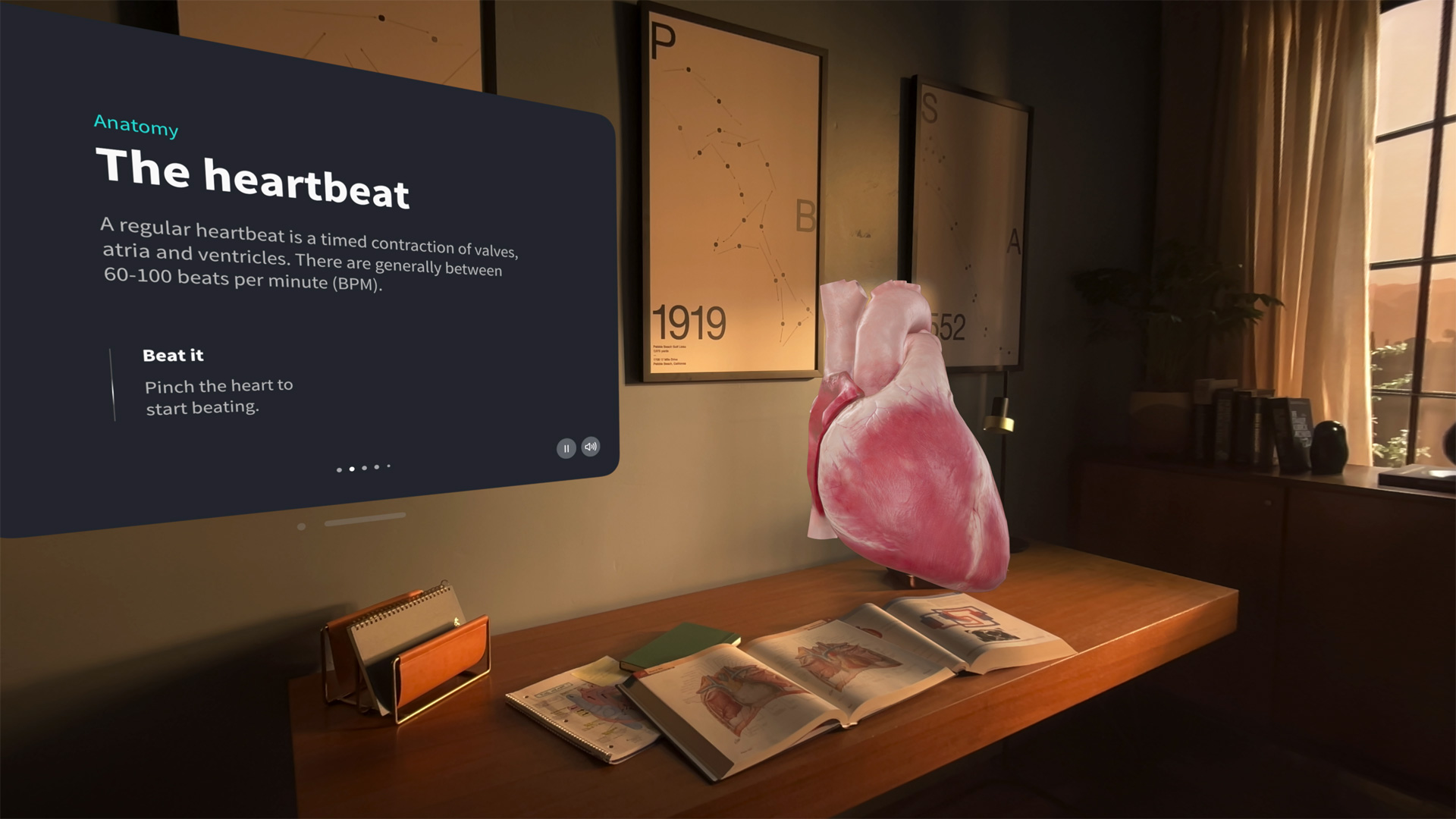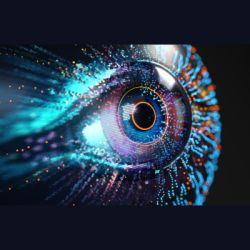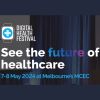The introduction of Apple's Vision Pro has ushered in a new era in the healthcare industry, with its groundbreaking augmented reality (AR) technology poised to transform both medical education and patient care. This innovative headset, retailing at €3,499, combines over 12 cameras and multiple motion sensors with Apple’s latest M2 processors, providing an unparalleled immersive experience through advanced augmented and virtual reality (AR/VR) displays. With high-resolution screens that offer a 120-degree field of view and lifelike 3D audio, Vision Pro enables precise interaction with digital content, blending virtual elements seamlessly with the physical environment.
Revolutionising Healthcare Delivery
The potential of Vision Pro in revolutionising healthcare is vast. Its capabilities extend from transforming medical education with immersive training environments to enhancing patient care through AR-guided procedures and virtual care spaces. Vision Pro's precise tracking and haptic feedback controllers facilitate highly realistic VR surgical simulations, allowing medical students to gain hands-on experience in complex procedures. Furthermore, the device's ability to overlay medical imaging such as CT scans and X-rays onto a physician’s view of the patient offers new dimensions in diagnosis and treatment, ensuring critical data is always accessible without interrupting patient interaction.
Innovations in Telehealth and Accessibility
Vision Pro is set to redefine telehealth, offering more engaging and natural virtual consultations. Its array of onboard sensors enables more thorough remote diagnoses, thus improving the accessibility of healthcare to remote, rural, and mobility-challenged patients. By allowing patients to attend virtual consultations and explore assistive technology through VR, Vision Pro addresses traditional barriers to care, promoting health equity and quality of life.
Ethical Considerations and AI Integration
The integration of AI and big data with Vision Pro's immersive technologies promises to enhance capabilities further, surfacing relevant patient data and generating real-time guidance overlays. However, this advancement raises ethical questions concerning health data privacy and the manipulation of perceptions. Apple has taken steps to ensure data collection is consensual, but the importance of maintaining patient well-being as the paramount concern underscores the need for continuous oversight.

Image Source: Apple
The Future of Medical AR/VR
Despite its high cost presenting a barrier to accessibility, Vision Pro's potential applications in medical education and mental health interventions are vast. Its advanced machine learning and computer vision capabilities are being tested across various healthcare settings, showing promising results in early trials. Sharp HealthCare's collaboration with Epic Systems to explore Vision Pro's uses in patient monitoring, anatomy teaching, and medical procedure enhancement highlights the device's versatility.
Conclusion
Apple Vision Pro is at the forefront of a digital revolution in healthcare, offering a glimpse into a future where digital and physical realities converge to enhance medical education and patient care. While healthcare developers and practitioners are impressed with the device's capabilities, the emphasis remains on a measured and thoughtful approach to its implementation. The future of medical AR/VR looks promising, with Vision Pro leading the charge in transforming healthcare through innovation, improved accessibility, and patient-centred care.
Source: Medriva
Image Credit: HM
























